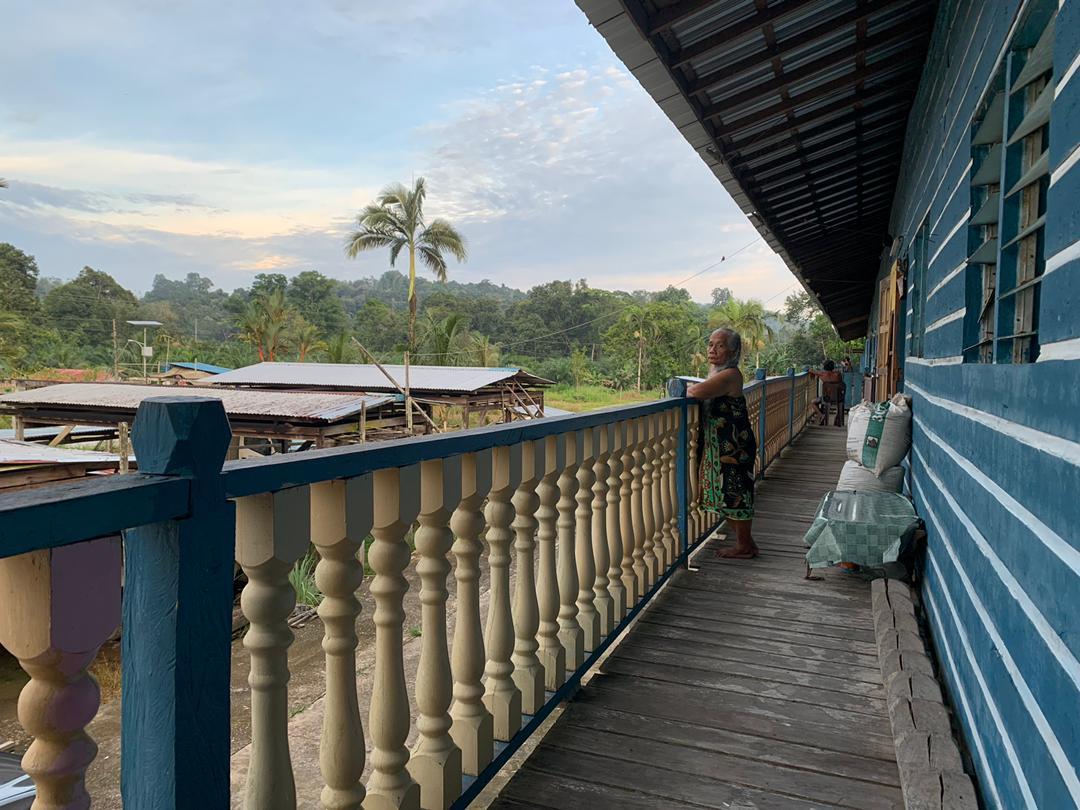In Sarawak, calls for leadership by example as cases surge ahead of Raya, Gawai celebrations
From community leaders to authorities at the top level, constant enforcement is needed especially given the strong emphasis on cultural activities which play a role in spreading the infection.
Just In
A health expert in Sarawak has called for renewed efforts by community leaders to ensure SOP compliance among the people, warning that any lapse in adherence to health measures could prove disastrous for the state’s battle against Covid-19, especially in light of major upcoming celebrations.
Dr Bernard Ting from Hospital Sentosa said the spikes in Covid-19 cases in the state have been largely confined to local transmissions where infections are mostly linked to clusters involving social gatherings.
“This month, we have two festive celebrations one after another: Hari Raya and the Gawai Dayak celebration.
“It is very important for everyone to think about the price to be paid if they get infected. Do not take safety measures lightly,” he said to MalaysiaNow.
Sarawak has of late been recording daily Covid-19 cases in the hundreds, together with states such as Selangor, Kelantan and Kuala Lumpur which are all under movement control order.
Ting said it was important for community leaders to encourage the people to continue observing health SOPs.
“Most villagers follow their community leaders, and the leaders probably know best about their communities’ needs.
“If they lead by example, I am sure most would follow.”
But even for such leaders, changing the mindset of people who place great importance on social and cultural events is difficult.
“If they lead by example, I am sure most would follow.”
Henry Bujang Sadok Sendan, a Bidayuh community leader from Serian, cited the example of clusters involving funeral ceremonies at longhouses.
“The longhouse clusters are because of our culture of respecting others,” he said. “As it is, deaths and birthday parties are the two main causes of the aggressive transmission of the virus.
“When death occurs, many people come to pay their respects to the deceased. The crowds are usually big because it is not only the relatives who come, but also the friends and others who knew the person.
“This is our Bidayuh culture,” he added. “If we do not come to pay our respects to the dead, we are considered egoistic.”
When death is concerned, he said, the entire village would be involved in one way or another.
“They crowd at the home of the deceased, day and night.”
Sometimes, he said, drinking and gambling sessions would also begin. “In this situation, there is no way the SOPs can be observed.”
With Hari Raya and Hari Gawai around the corner, he fervently hopes that community leaders will enforce the necessary health measures throughout their villages.
Problems
Part of the problem, according to Henry, is the fact that travel restrictions have been eased for those commuting to work and back.
“The movement of people going to town in the morning and then back to their village in the evening is beyond control,” he told MalaysiaNow.
“When they are at work, we do not know who they mix with, whether those people have Covid-19 or are healthy.”
Pinky Sandom from the town of Bintangor, the capital of Meradong in Sarikei, said in the city fewer and fewer people are avoiding crowded public spaces and social gatherings.
“I was surprised to see the scale of the crowds,” she said.
Ting agreed that the people themselves have to play a role in embracing the new norm.
“The whole nation needs policing and constant engagement,” he said.
“If you see someone in your community not following the rules, you should remind them. Tell them it is important, don’t just let it be.
“All of us must be aware of our responsibility and play our part to curb the disease. Our attitude towards complying with the rules and regulations will make a difference in saving our families and communities.”
He also advised conducting a root analysis of clusters to tackle the underlying issues.
“We have to look at how we can help nuture safety measures in daily life,” he said. “If they do not get in touch with high-risk people, they will probably remain in their comfort zones. It only takes one irresponsible person to affect these vulnerable groups.”
“All of us must be aware of our responsibility and play our part to curb the disease.”
Ting likewise cautioned against complacency after having been vaccinated against Covid-19.
“The health ministry has emphasised many times that being vaccinated may reduce the risk of developing severe complications but may not prevent infection.
“Safety measures should still apply after vaccination,” he said.
Still, he sees some measure of hope even among those who test positive for the virus.
“Most of them were asymptomatic,” he said. “This could well mean that many people are adequately aware to test themselves when they are in doubt.
“I believe by now, most people are used to wearing masks when they go out, using hand sanitiser and maintaining a safe distance.”
But while leadership within the community is important, so too is leadership at the higher levels.
Pinky said inconsistent and vague SOPs had caused much confusion among the people.
“The policies keep changing,” she said. “One minute they say we need to apply for permits, then tomorrow they retract, saying that was not necessary. So which one do we follow?
“It is very confusing when they say that the situation in Sarawak is still under control,” she added. “I cannot see how the situation now is manageable.”
Subscribe to our newsletter
To be updated with all the latest news and analyses daily.
